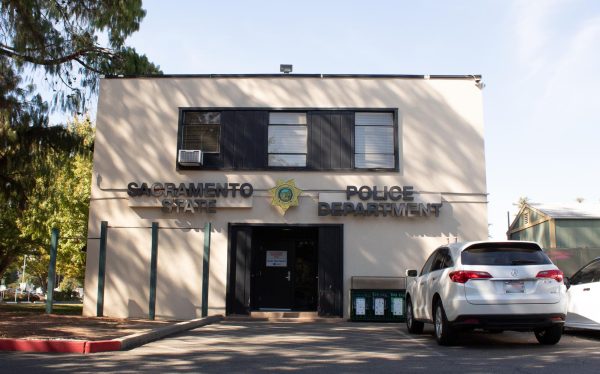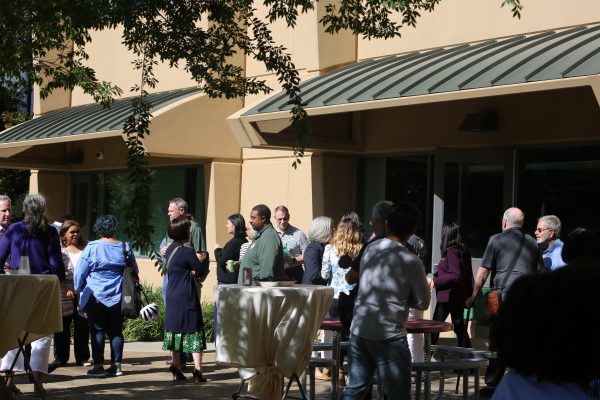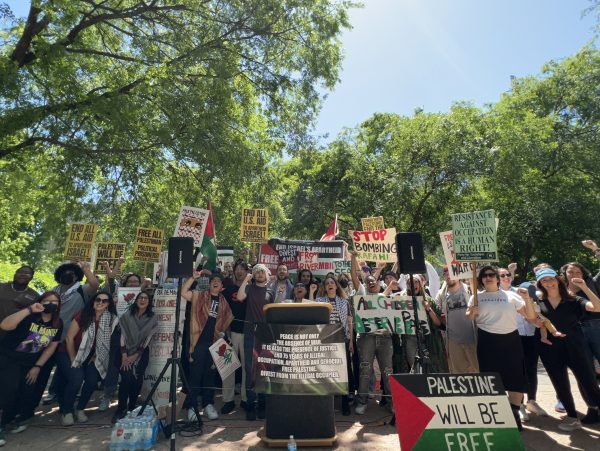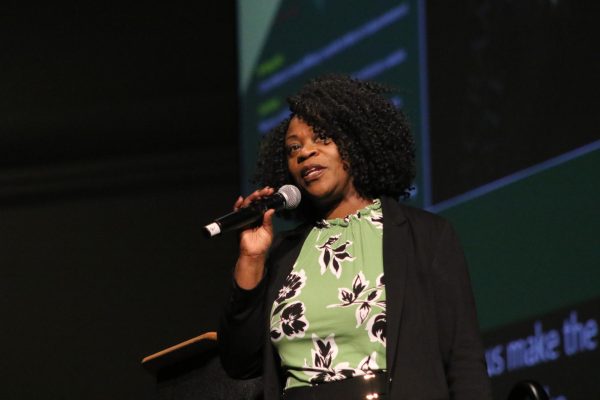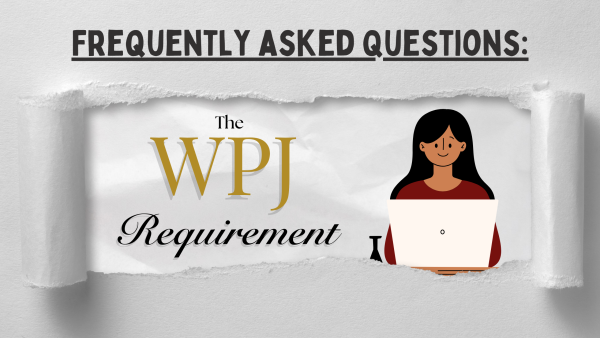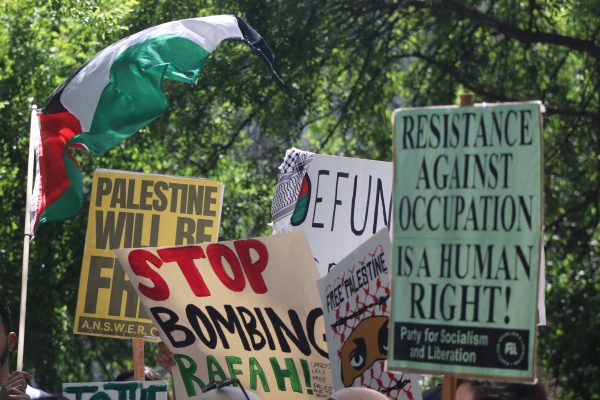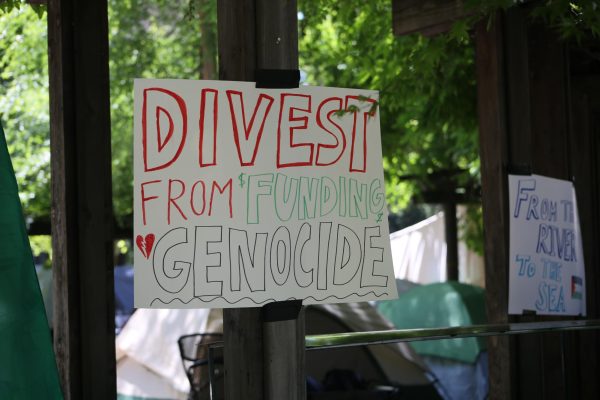Former UN member speaks of U.S.-Iranian relationship
April 26, 2007
To give people a deeper understanding of the relationship between the United States and Iran, Trita Parsi spoke to students today.
Professor Bahman Fozouni of the government department introduced the president of the National Iranian American Council and said Sacramento State was very lucky to have such a unique person on campus.
“Because of the lack of relations between Iran and the U.S. over the last 27 years, we do not know what Iran wants,” Parsi said.
Parsi said during the Cold War, Iran was a buffer for the United States against the Soviet Union. But when the Cold War ended the United States need of Iran ended and so the relationship between the two countries.
“Iran was not strong enough to stand on their own without the help of other countries such as the United States, so when the relationship ended, Iran was hurt,” Parsi said.
Parsi said during the Gulf War in the early 1990s, Iran came out against (former dictator) Saddam Hussein’s invasion of Saudi Arabia, and this improved relations between the United States and Iran.
“After the Gulf War ended, instead of positive signs from the (George H.W.) Bush administration, Iran received just the opposite,” Parsi said. “If America’s new policy towards the Middle East was to include Iran from a power position, then Iran was going to make that policy as costly as possible.”
“These two countries are drifting toward a conflict,” Parsi said.
Philip Malan can be reached at [email protected]

























































































































